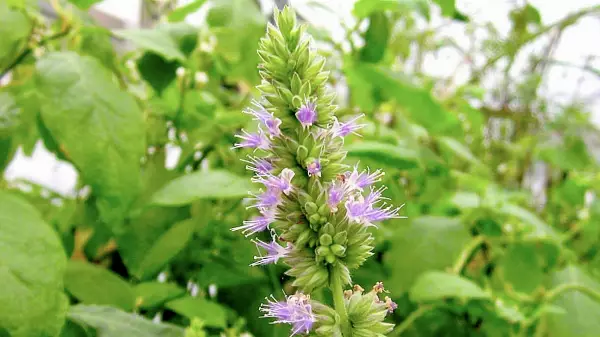The Ageless Asparagus
Asparagus are the young shoots of a lily plant. Also known as sparrow grass or sprue, the term used for young and slender asparagus. They are a rich source of vitamin C, vitamin A, potassium, iron and a variety of powerful antioxidants.
Asparagus Types
● Purple Asparagus
This variety is mostly found in France. It has about 20% more sugar in its stalks. The taste is also a bit crunchy. Purple asparagus has anthocyanins, a type of antioxidant. However, its] fiber content is quite low.

● Green Asparagus
The British version of asparagus is green in color and the fresh cut is only available from May to July. Green asparagus has a raw and more grassy taste but they are the most nutritious amongst all types. They are also the most popular ones in the USA.

● White Asparagus
This member of the asparagus family is more profound in Europe. It is more expensive than purple and green asparagus varieties. White Asparagus grows beneath the soil and is cut manually. The process is cumbersome and time taking. It has a little bitter taste.

How is Asparagus Grown?
Asparagus growing is an art that can only be mastered with years of experience. White asparagus is grown using a process called etiolation. In this unconventional technique, the asparagus stays buried under a pile of dirt and most farmers cover the shoots with black plastic. This ensures a complete blockage of sunlight. As a result, the asparagus does not contain any chlorophyll element and stays white. On the other hand, the green variety is exposed to sunlight and has lots of chlorophyll and hence such color.

Asparagus Health Benefits
1. Many Nutrients and fewer calories
About 100 g of cooked asparagus delivers:
● 2.2 g protein
● 1.8 g fiber
● 12% of the Daily Value of vitamin C
● 18% of the Daily Value of vitamin A
● 57% of the Daily Value of vitamin K
● 7% of the Daily Value of vitamin E
● 34% of the Daily Value of Folate
● 6% of the Daily Value of potassium
● 5% of the Daily Value of phosphorus
● Only 20 calories
Asparagus is a superfood for pregnant women as it has lots of folates and a good amount of iron and zinc.
2. Good source of antioxidants
Asparagus is heavily loaded with flavonoids quercetin, isorhamnetin and kaempferol. These substances are known to have blood sugar lowering, anti-inflammatory, antiviral, and anti-cancer properties. Additionally, Purple asparagus has anthocyanin, a compound that can lower blood pressure and reduce the risk of heart diseases. The powerful antioxidants help relieve oxidative stress in women and slow the aging process significantly.

3. Boosts Digestion
Asparagus provides your body with soluble and insoluble fibers. The insoluble fibers form a major portion of stool and their high amounts help in smooth bowel movement. The soluble fiber gets absorbed in water and forms a gel-like substance that feeds the good bacteria in your gut.
4. Supports Healthy Pregnancy
The presence of folates in asparagus makes it a pregnancy-friendly food. Folate is required for formation of red blood cells and the DNA. It promotes healthy fetal development during early days of pregnancy. The healthcare experts recommend taking folate supplements in pregnancy to avoid any neural tube defects. Adding asparagus in your diet can meet most of the daily folate requirement.

5. Promotes Weight Loss
Women who are looking to shed some extra belly fat can start eating asparagus for better results. It is 94% water and very low on calories. Eating a low calorie, high nutrition , and water-rich food is known to reduce weight naturally.
, and water-rich food is known to reduce weight naturally.
There are many ways to add asparagus to your meals. Asparagus casserole is a very popular bake that is loved by everyone. Creamy alfredo sauce topped with crisp and cheesy bread crumbs over delicious asparagus is certainly a mouth-watering delicacy.
updates?










0